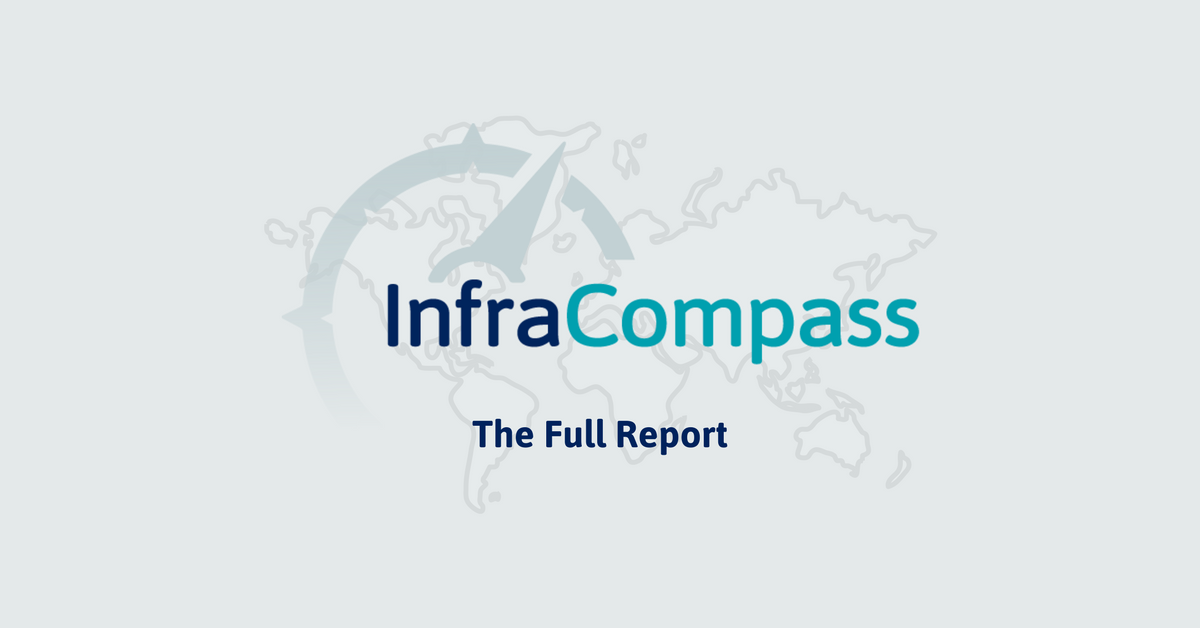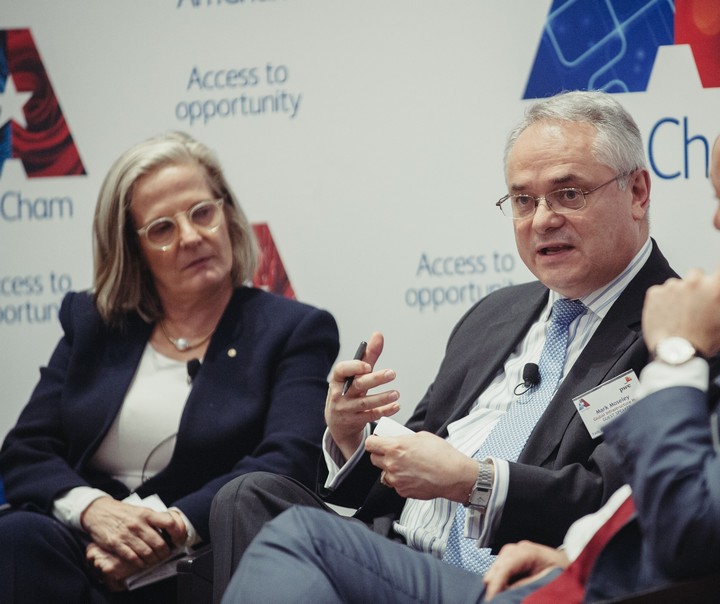1740 results found
Featured results



More results
This paper examines climate-change impacts on hydropower generation using an econometric model of the determinants of hydroelectric generetion.

In a recent study, we looked at the economic effects of the EU’s external aviation policy with third countries, focusing on 27 countries with which the EU has Air Services Agreements with varying degrees of liberalization.2

The GI Hub presented at the Latin American Infrastructure Forum in Melbourne this month.
GI Hub Chief Executive Officer Chris Heathcote spoke on developing bankable infrastructure projects at the Global Infrastructure Initiative 2017 in Singapore this month.
District heating (DH) is the most common form of heating for urban dwellings and businesses in many of the EBRD’s countries of operations (CoOs).

The GI Hub has now signed a consultancy contract for the development of a Concession Management Tool, following a competitive tender. The tool, expected to be delivered by the end of 2017, will provide practical guidance that can be used by government teams around the world and aims to identify leading practices related to public-private partnership (PPP) concession management, as well as addressing the common challenges which may arise throughout the construction and operations phases.



The GI Hub participated in the G20 Africa Partnership Conference — Investing in a Common Future, in Berlin on June 12-13, 2017.

InfraCompass is a tool for infrastructure policymakers. It objectively quantifies the strength of the infrastructure enabling environment by aggregating data for 81 countries, collectively representing 93% of global GDP and 86% of the world population.


The Global Infrastructure Hub has urged Multilateral Development Banks to become "joined-up" in their approach to promoting new infrastructure in emerging countries.
GI Hub Chief Operating Officer Mark Moseley appeared on a panel with Greater Sydney Commission Chief Commissioner Lucy Turnbull to discuss opportunities for Greater Western Sydney, with its booming population growth.
The GI Hub hosted a global webinar on risk allocation in PPPs with Norton Rose Fulbright and IPFA last week. The webinar was extremely well attended and saw active participation from public sector and private sector participants from around the world.
We reviewed existing literature, conducted case studies and interviews, and found that the smart cities context has transformed traditional ITS into “smart mobility” with three major characteristics: people-centric, data-driven, and powered by bottom-up innovations.

Connections is a series of concise knowledge notes from the World Bank Group’s Transport and ICT Global Practice. Connections discusses projects, experiences, and front-line developments in Transport and ICT. This set includes notes from 2015 and 2016.

These guidelines define the assurance options to be undertaken for a major project, such as: Project Validation Review (PVR) for a major policy initiative, OGC Gate 0 for major programs and more.

This report compares Johannesburg’s Bus Rapid Transit with Its Latin American Siblings

Automated fare collection (AFC) systems are a key component of sustainable, high-quality urban transport services. This paper addresses the objectives, challenges and lessons learned from AFC schemes, with a particular focus on emerging markets and second-tier cities with limited resources.

This report provides an outline ending in 2015 of ASEAN connectivity, the report also outlines future challenges the Master Plan from 2015 on.









 Visit tool
Visit tool




